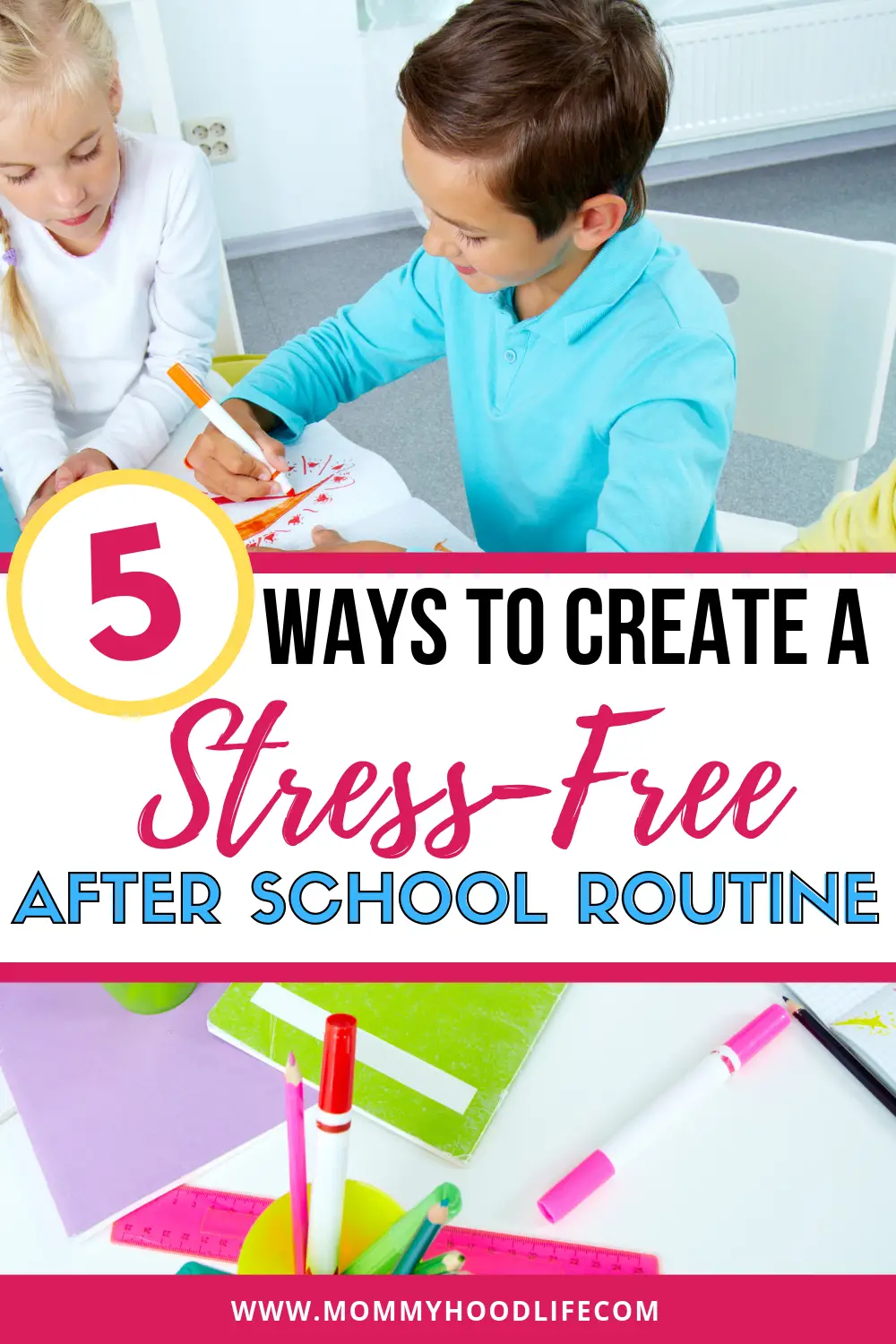Why That First Hearing Check Matters More Than You Think
The Small Signs Parents Often Overlook
Kids are clever. They adapt quickly, and sometimes too well. A child who doesn’t respond when you call from another room might be written off as “distracted.” A little one who turns the TV volume higher than everyone else prefers? Easy to chalk up to personality. These small quirks can slip by because childhood is full of distractions, noise, and growth spurts that make every week feel different from the last.
But here’s the catch—what feels like “just a phase” could actually be an early clue that your child isn’t hearing the world around them as clearly as they should. And when hearing issues go unnoticed, even small ones, it can quietly shape the way a child learns, socializes, and expresses themselves.

Via Pexels
How a Simple Screening Can Change a Child’s Future
The good news? Checking in on your child’s hearing is far less intimidating than most parents imagine. A screening is quick, painless, and can give you peace of mind. Think of it as one of those small, proactive steps that can prevent a hundred worries down the line.
Research shows that the importance of early childhood hearing detection lies in how dramatically it can influence development. Children pick up language, social cues, and even self-confidence through what they hear every day. When their ears aren’t giving them the full picture, they’re at a disadvantage they can’t explain to you. By spotting any issues early, you open the door to timely interventions that make sure they don’t fall behind.
If you’re curious about what that process looks like, many clinics offer resources to walk you through each step of a screening. Here’s a helpful guide to get you started.
What Parents Can Do Right Now Without Stressing Out
Here’s the part no one tells you: being proactive doesn’t have to mean being anxious. There are simple ways you can support your child’s hearing health right now.
- Pay attention to patterns, not one-offs. If your child misses what you say once in a while, that’s normal. But if it’s a consistent theme, note it down.
- Check the volume habits. If they’re turning up devices louder than you do, that’s worth mentioning to a doctor.
- Use quiet moments. Try giving instructions in a calm setting; if they struggle, it may reveal more than in a noisy environment.
- Trust your instincts. Parents usually sense when something is “off.” Don’t wait for absolute proof before asking questions.
A hearing check isn’t a label or a burden. It’s a reassurance. If everything looks clear, you walk away lighter. If there’s something to address, you’ve caught it early, before it could shape your child’s future in ways that are harder to fix later.
Why Early Steps Build Lasting Confidence
Children thrive when they feel seen and supported. Imagine the difference for a child who no longer struggles to follow along in class, or who suddenly understands jokes in the playground because they can catch every word. Early checks don’t just protect hearing; they protect joy, belonging, and confidence.
That’s why making hearing health part of your child’s regular check-up routine is one of the simplest but most powerful choices you can make. Think of it like brushing their teeth or strapping on a seatbelt; it’s less about fear and more about giving them every chance to grow up thriving.






